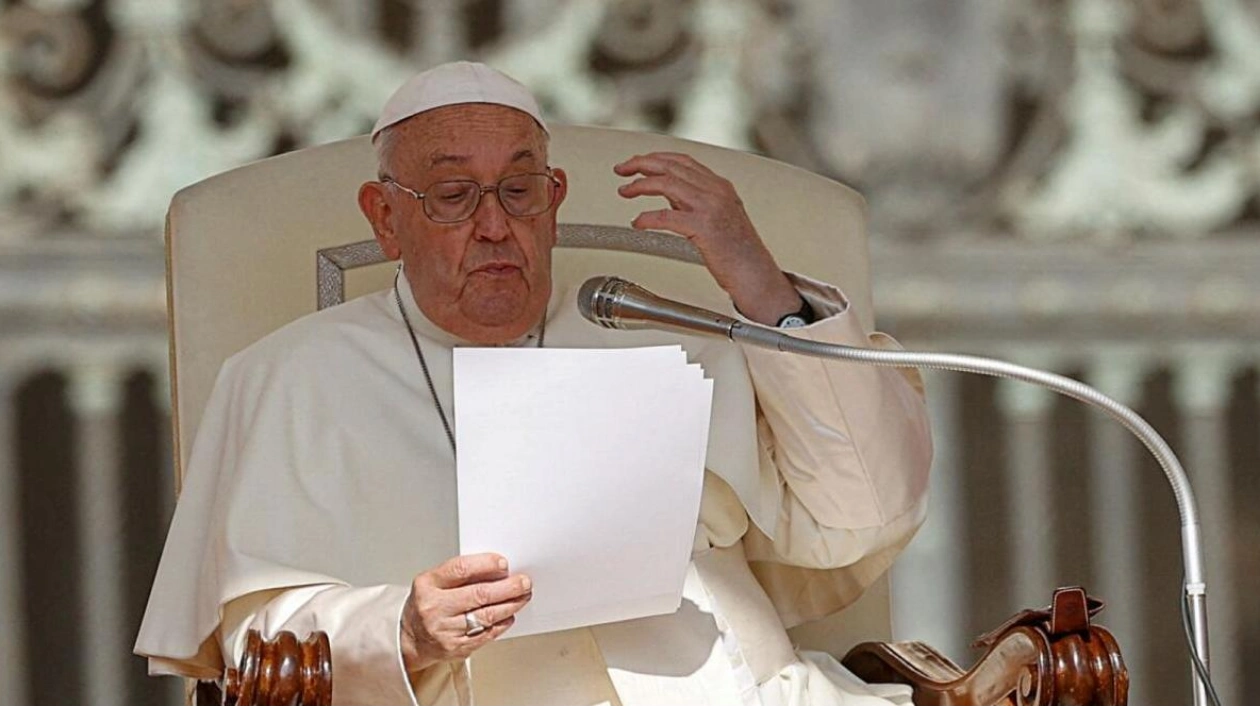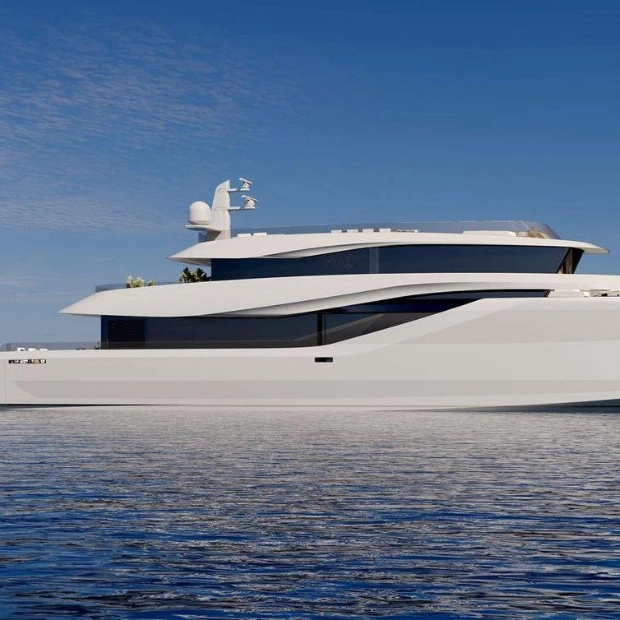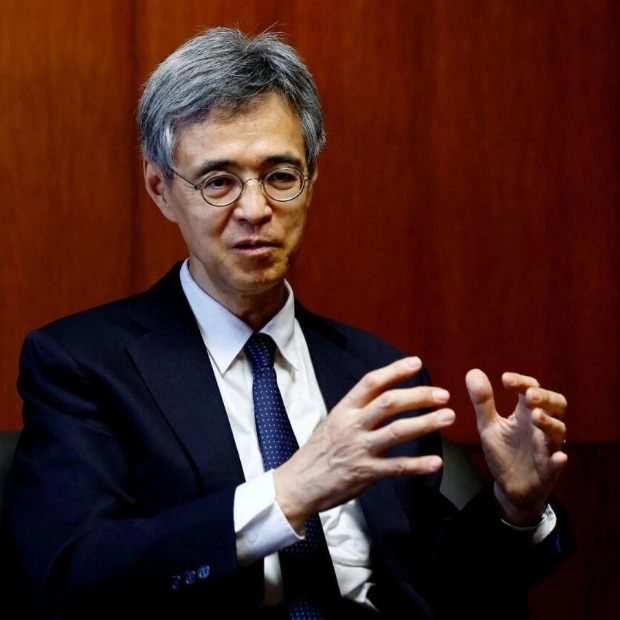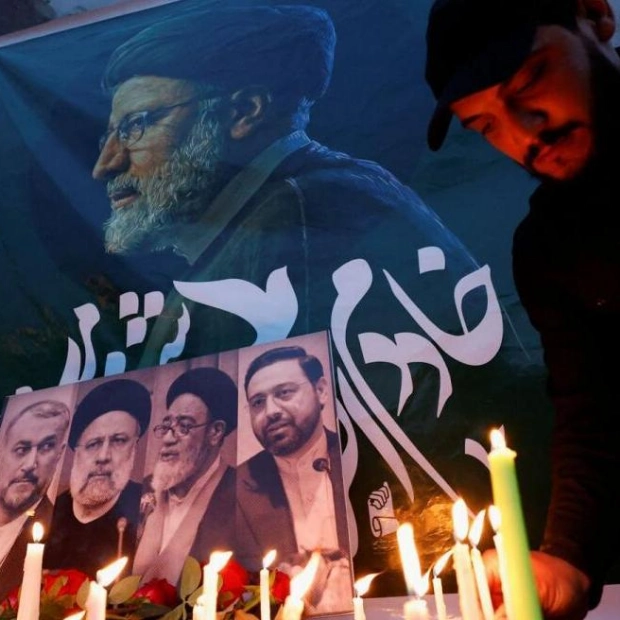Pope Francis denounced the actions taken to repel migrants and obstruct their paths as a "grave sin" during his address on Wednesday, remembering those who perished, including those left behind in the desert.
The 87-year-old pontiff frequently advocates for greater compassion towards individuals escaping conflict, poverty, natural disasters, or persecution, especially those attempting to reach Europe from Africa via the Mediterranean Sea. He focused his weekly audience speech on this issue, cautioning against "restrictive laws" and the "militarisation of borders," and urging for secure migration pathways.
"It must be stated unequivocally: there are entities that operate systematically and employ all available means to repel migrants. This, when carried out knowingly and responsibly, constitutes a grave sin," he declared. He reiterated that the Mediterranean has transformed into a "cemetery," with over 3,000 migrants reported missing last year according to UN data.
"Regrettably, some deserts are also turning into migrant cemeteries. And these are not always instances of 'natural' deaths. No," he continued. "At times, they have been transported to the desert and abandoned." He highlighted that in an era of satellites and drones, there are migrant men, women, and children who remain unseen, only visible to God who hears their pleas.
Although he did not name any specific nation, Pope Francis noted that his references to seas and deserts extend to oceans, lakes, rivers, as well as forests, jungles, and steppes where migrants journey alone. "Brothers and sisters, we can all concur on one point: migrants should not be in those seas and in those deadly deserts," he stated.
"But achieving this will not come through more restrictive laws, nor through the militarisation of borders, nor through rejection," he emphasized. Instead, he called for "safe and legal" routes for migrants and asylum seekers, and increased international cooperation to combat human trafficking.
In May, the European Union acknowledged a "challenging situation" after reports emerged that Tunisia, Morocco, and Mauritania were abandoning migrants in the desert, funded by the EU's resources. The EU has established agreements with these countries, explicitly financing efforts to curb irregular migration into Europe.






